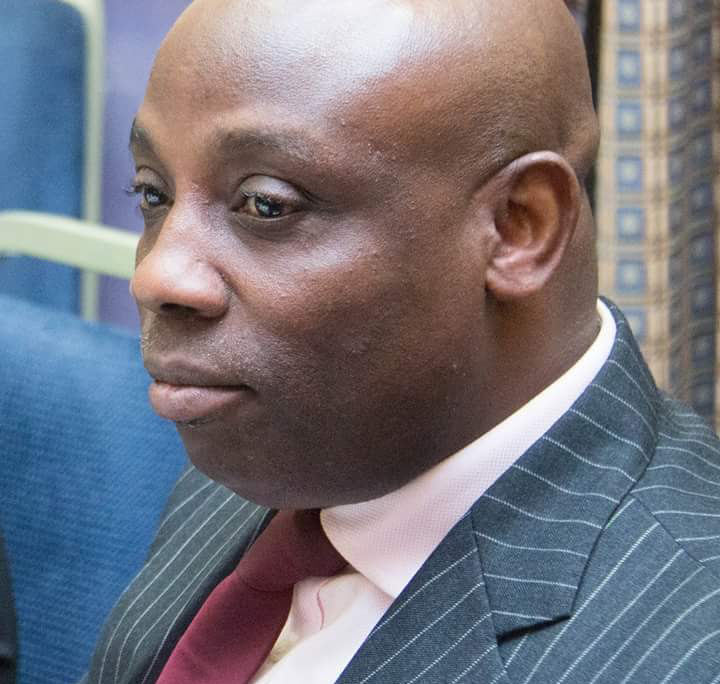By Rob Dudley, BARBRI International Deputy Managing Director
As an increasing number of lawyers look to take their skills to the international market, so too does this global market look to lawyers to provide legal resources at an ever-greater rate. It’s a win-win for practitioners who want to qualify in multiple jurisdictions. But what’s key to making this a fluid exchange is for lawyers to ensure they have the qualifications that enable them to work outside their home jurisdictions.
A shrinking global market is making it imperative for lawyers to have jurisdictional flexibility. It’s something BARBRI recognized more than 50 years ago in the United States when it was founded to prepare law graduates in the skills and techniques needed for the 50 U.S. state bar exams. Today, BARBRI Extended U.S. Bar Prep focuses on preparing non-U.S. law graduates and lawyers for these exams and delivering training for the Qualified Lawyers Transfer Scheme (QLTS) assessment in England and Wales. These programs provide an efficient and effective way to qualify as either a U.S. attorney or as solicitor in England and Wales for those who are foreign-trained and to be more employable around the world.
The majority of people I now see coming through our doors are globally minded lawyers working with or for international law firms and who need to operate beyond their home jurisdiction. Increasingly this means foreign-trained lawyers are looking to take the New York or California State Bar Exams, or be qualified as solicitors in England and Wales.

This brings me to the international journey of Olu Ogunnowo, a London-based attorney who recognized some years ago that he could expand his career opportunities greatly by becoming dual qualified. The Lagos-born lawyer saw that international law firms were increasingly opening or partnering with firms in countries like Nigeria, Ghana, Kenya, Egypt, and South Africa (which has a Roman Dutch system) to represent client interests in both commercial law and civil law. As global business interests reached into Africa, local understanding and good connections became very important.
This meant there was a growing need for lawyers with knowledge of the region to take the U.S. Bar Exam or be registered to practice in England and Wales. Olu’s local insight and qualification would allow him to straddle both systems. Likewise, he knew that as the economies of his native Africa expanded, he would need to be able to operate across legal systems or risk losing business to lawyers who could. Being able to work in the international market would allow him to stand out from his peers, and most major law firms operating in Africa had offices in London or New York as well as cities like Johannesburg, Nairobi, Accra, Cairo, or Lagos.
As a UK-trained solicitor, Olu decided to qualify to practice in the U.S. He undertook a BARBRI Extended U.S. Bar Prep course and passed the bar. BARBRI prepared him for the exam which, he said, was tough but he passed without trouble. With his new qualification in hand, Olu was able to move from London to New York to practice with an international law firm for two years before returning to London to go into private practice.
He has been back and forth to the U.S. on occasion—working for a Texas-based client, and says it has been a great way for him to gain more international experience and also be nearer family who live in the U.S. Being registered in multiple jurisdictions has undoubtedly shaped his career and lifestyle.
Olu once told me, “The world is shrinking, which means the legal system is shrinking. Law is a conservative profession that is very slow to change. Lawyers need to understand this and keep ahead by being aware of what is happening in society. Law graduates must be forward-thinking and always reflect on how society is likely to change.”
It’s great advice that, to this day, I still like to pass along to law students.
Interested in learning more? Check out BARBRI bar prep course options.